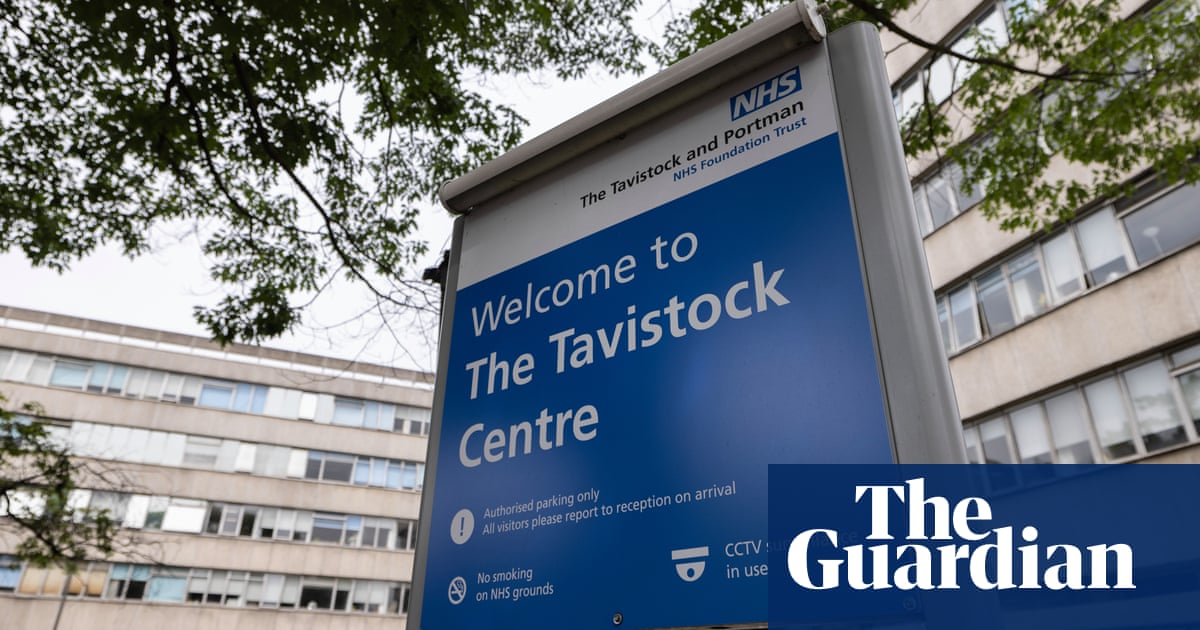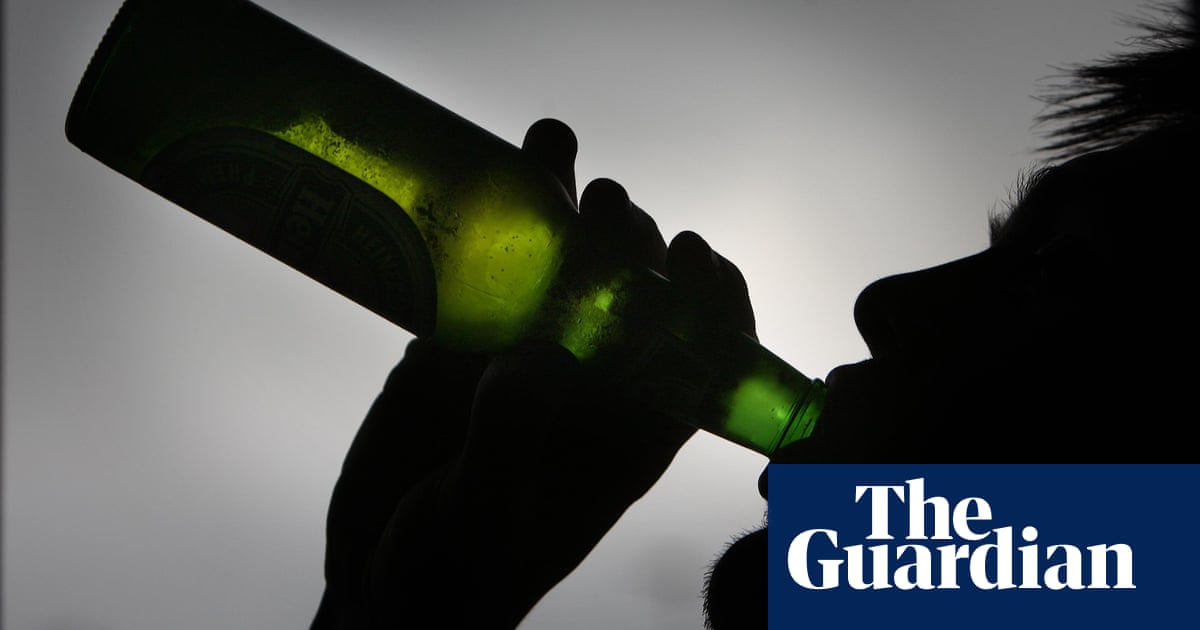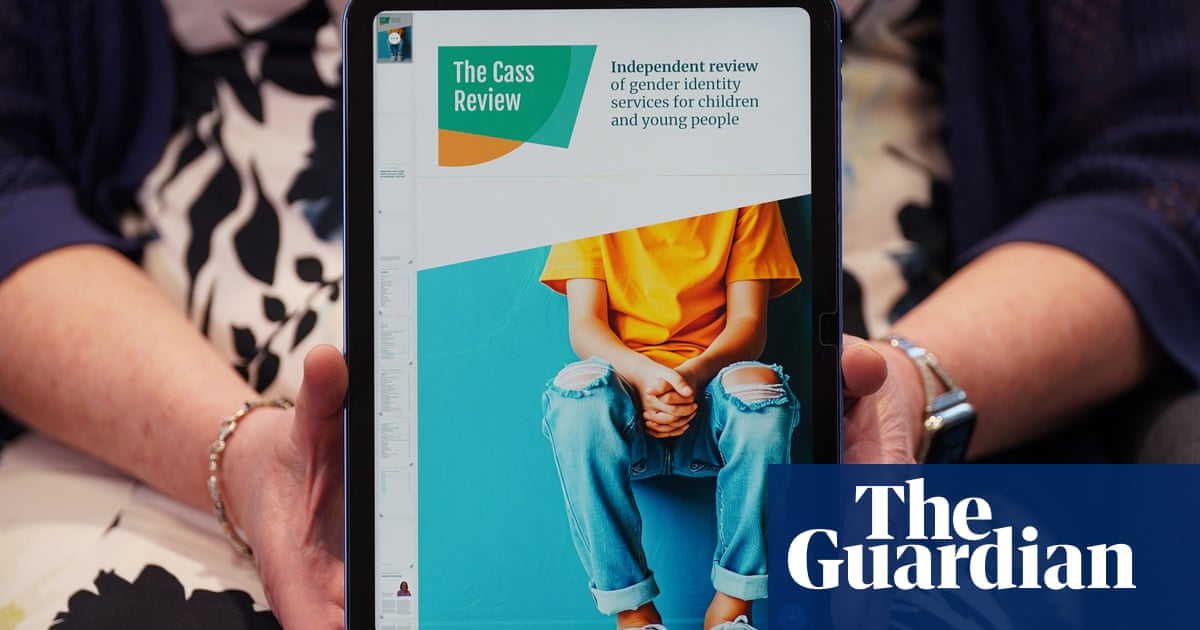
Gender-affirming care for children could be considered “a new form of conversion therapy”, Kemi Badenoch has said.
The women and equalities minister made the claim as she confirmed plans to bring forward a bill to ban conversion practices, which seek to change or suppress someone’s sexual orientation or gender identity.
Research indicates about 7% of LGBT+ people have been offered or undergone such practices, and activists have been concerned about the scope of the ban since Theresa May first promised it in 2018.
Badenoch said the legislation had to address issues with gender-affirming care, which some critics argue is not the right approach for young people who are questioning their gender identity.
Badenoch addressed the case of Keira Bell, who began taking puberty blockers when she was 16 and then medically transitioned and had surgery to remove her breasts as an adult. She later regretted this and sued the Tavistock gender identity clinic where she had received treatment, arguing she had been too young to consent to treatment as a teenager. The court agreed but this ruling was overturned on appeal in 2021.
Badenoch told MPs: “Girls like Keira Bell who were rushed on to puberty blockers by the NHS, and had a double mastectomy, now regret the irreversible damage done to them. I believe this is a new form of conversion therapy”.
Clinicians working at the Tavistock clinic have previously told the Guardian that affirmative care does not have an inevitable outcome of transition. They have argued that instead it involves exploring and questioning a young person’s view of their identity.
Badenoch said doctors were “fearful of giving honest clinical advice to a child because if they do not automatically affirm and medicalise a child’s new gender they will be labelled transphobic, so whatever bill we do needs to address many of those issues and that is why we are going to publish a draft bill.”
She announced a “long overdue” update to a list of approved countries from which the UK will accept gender recognition certificates (GRCs).
Badenoch did not outline which countries would be removed, but her Labour counterpart, Anneliese Dodds, said while Germany remained and China had been added, “our closest Five Eyes allies” had been taken off. The Five Eyes alliance includes Australia, New Zealand, Canada and the US.
Badenoch told the Commons: “We are doing this because there are some countries and territories on the list who have made changes to their systems and would not now be considered to have similarly rigorous systems [for awarding GRCs] as the UK. Inadvertently allowing self-ID for obtaining GRCs is not government policy. It should not be possible for a person who does not satisfy the criteria for UK legal gender recognition to use the overseas routes to do so.”
Dodds questioned whether the changes to the list would have any diplomatic impact, and criticised the government’s delay on issuing guidance for schools on whether transgender children in England will be supported to socially transition at school. This could mean a school recognising the child using a different name and pronoun, or authorising the use of different toilets and facilities.
Applications for a gender recognition certificate can be made by someone if they are aged 18 or over, have been diagnosed with gender dysphoria in the UK, have lived in their affirmed gender for at least two years and plan to live in this gender for the rest of their life.
Dodds criticised Badenoch’s statement, saying there had been “no conversion practices ban, no commitment to make every strand of hate crime an aggravated offence despite a staggering rise in offences against LGBT+ people and no provision to schools of the guidance that has been promises repeatedly but not delivered”.











